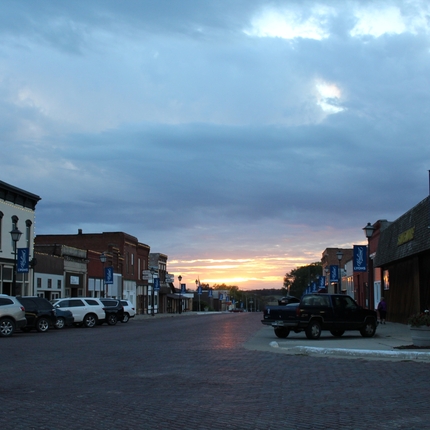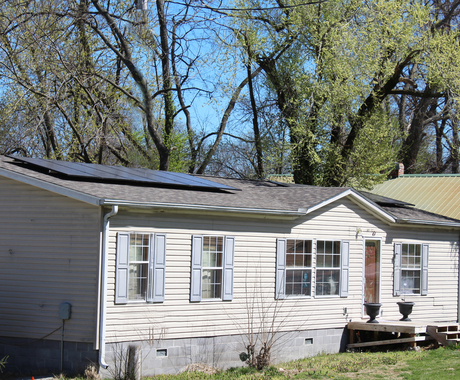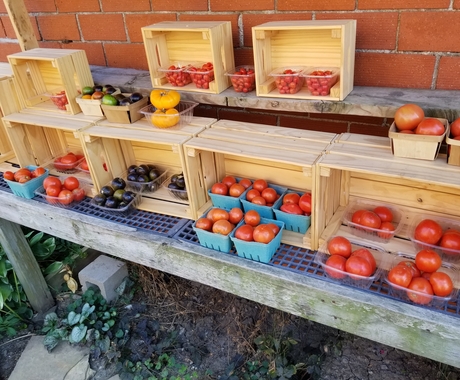Our policy efforts speak rural values to the elected officials and government administrators in Washington, D.C. Since the 2018 farm bill passed in December, we followed progress on the shutdown, traveled to Washington, D.C., and fought for funding that supports our rural small businesses. Here’s a brief summary.
The shutdown—2019 was heralded by the longest government shutdown in history. We spoke out as politics shut down important programs like farm loans and payments, rural development loans, and grants. We shouted to keep halted activities at the forefront of the shutdown conversation. You can check out one of our press releases here.
Taking rural values to Washington, D.C.—Cora and I traveled to D.C. in late January for strategy setting and coalition building with our partners at the National Sustainable Agriculture Coalition. We took advantage of being in our nation’s capital to meet with lawmakers about conservation programs and funding for the Rural Microentrepreneur Assistance Program, which brings us to:
The Rural Microentrepreneur Assistance Program received funding for 2019. When the appropriations bill finally passed in mid-February to fund the government for the rest of the year, we were elated that it included last-minute funding for the Rural Microentrepreneur Assistance Program. This means that although the 2018 farm bill did not renew funding for this great program, it now has funding for this year, and rural entrepreneurs across the country will be able to benefit from the loans, technical assistance, and training it supports.
And, don’t forget—farm bill implementation. The U.S. Department of Agriculture now has the big job of implementing the 2018 farm bill. They’ve held listening sessions on commodity, conservation, and crop insurance programs. We worked with rural supporters to draft and submit our comments. Read our blog to check out what we said. Did we miss something? Let us know.
What’s next? Stay in touch, particularly if you want to follow how the farm bill will translate to changes for conservation programs. This will be a big year for ensuring the farm bill and USDA serve family farmers and rural communities. We can’t do this work without you—if you have questions or want to get involved, send us an email at annaj@cfra.org.
Feature photo: From Lyons, Nebraska, where our home office is located, to Washington, D.C., we make sure your rural voices are heard — on the farm bill and other issues that are important to you. | Photo by Rhea Landholm





